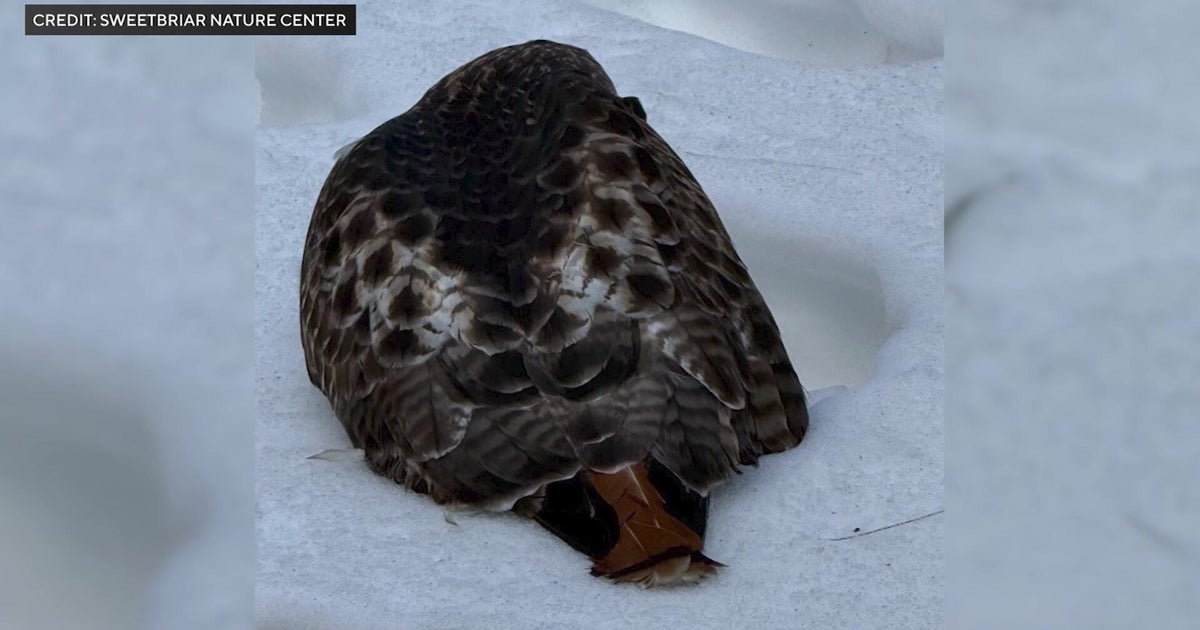Why Do Owl-Lovers Across The Country Travel To A Small Southern Minnesota Town?
HOUSTON, Minn. (WCCO) -- Autumn in Minnesota. This time of year the trees around the town of Houston hold more than just colorful leaves.
From barred owls to barn owls, the International Owl Center is a sort of school for people who give a hoot about these birds.
"People always ask, why on earth do you have an International Owl Center in a town of less than 1,000 people in the middle of nowhere?" said Karla Bloem, executive director of the center. "And the answer is: It evolved here."
Years ago, Houston was looking to put a nature center at the head of the Root River trail. That's when executive director Karla met Alice.
"She had fallen out of her nest when she was three-weeks-old and permanently damaged her elbow and had to find a place in need of an education bird," Karla said.
So Karla took Alice to her new home and quickly learned just how curious people are about owls. Three hundred people showed up for Alice's "hatch day" party. And things took off from there.
"Within a few years we had people flying here from Alabama, California, New York," Karla said. "Why are you flying to Houston, Minnesota, in early March? That's when we realized there was nobody in North America doing anything like it."
"I've been to raptor centers and wildlife centers but never anything that concentrated on owls," said visitor John Stolwyk, who traveled with his family from Columbia, Missouri.
The owl center moved to its current location 5 years ago, and every morning four birds are brought over from their aviary.
"This is Ruby, the great horned owl, and she is six years old," said Karla with Ruby perched on her arm.
Ruby, Piper, Uhu and JR are front and center. "Jacks of owl trades"- each educates visitors in their own way.
"Great Horned Owls will eat skunks. They are a very good friends to us because skunks are the biggest carriers of rabies in Minnesota," Karla said. "Most only weigh a few pounds. Plumage makes them look much bigger than they really are."
For many species, Minnesota is the perfect home. Karla and her crew want people to know that rat poisons can hurt these birds, while leaving dead trees up for nesting can help. They're looking to make their visitors wiser - much like the animals they've grown to love.
"Empower people to give them the knowledge to make choices in their life that are good for owls and good for other wildlife and the environment too," Karla said.
The International Owl Center has had to make changes during the COVID-19 pandemic, but is still open for visitors.







